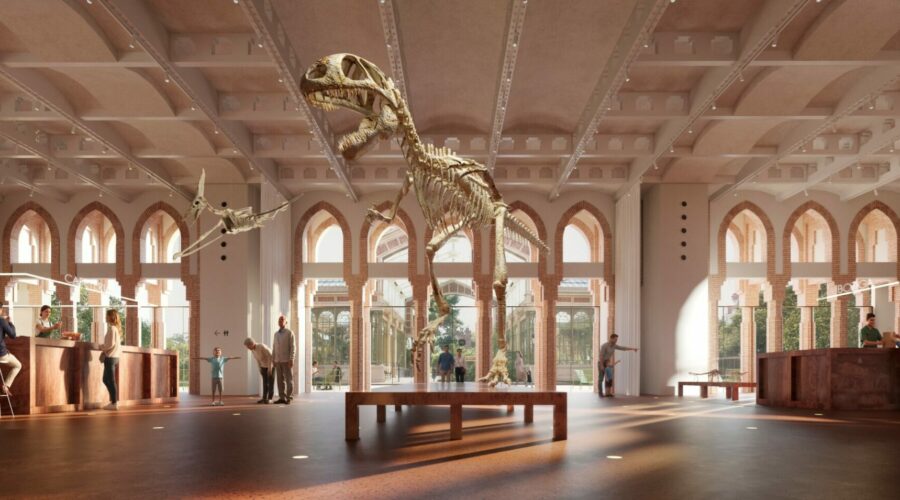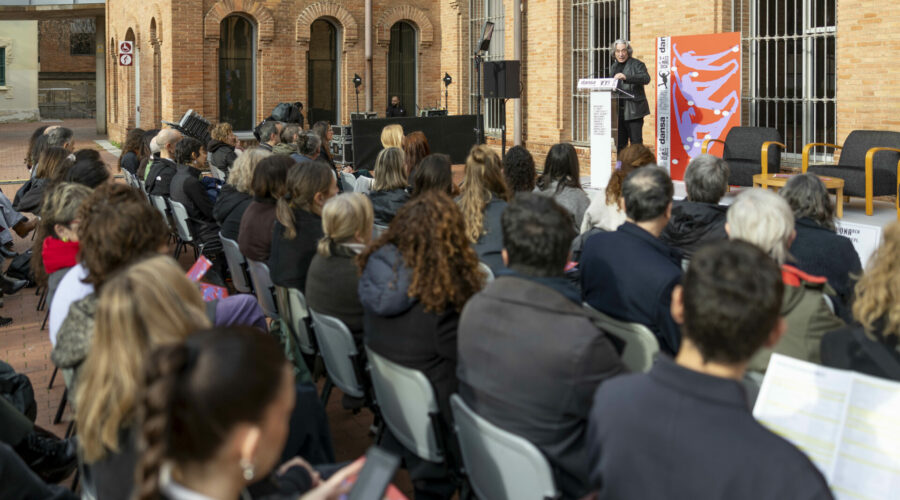
Catalonia has presented an ambitious project to build a factory for the design and prototyping of advanced microchips in Cerdanyola del Vallès, in the province of Barcelona, near the Alba Synchrotron.
The President of the Generalitat, Pere Aragonès, announced this initiative during his participation in the annual meeting of the Cercle d’Economia, highlighting the leading role that Catalonia can play in the European chip program.
The project, submitted to the central government to receive financing from Next Generation funds, would involve a public investment of more than 300 million euros.
According to Aragonès, this initiative would allow Catalonia to design and prototype chips, thus contributing to the reindustrialization process.
The proposal, led by Barcelona Global and the Institut Català de Nanociència i Nanotecnologia (ICN2), counts with the participation of the Alba Synchrotron, the Institute of Microelectronics of Barcelona (IMB), the Institute of Photonic Sciences (ICFO) and the UAB.
The advanced chip factory is expected to create around 200 jobs, but its realization will depend on a central government decision on the allocation of Next Generation funds.
Financing of the advanced microchip factory project
The project is based on a public-private partnership and will be financed mainly with public funds.
Unlike other similar initiatives backed by large multinationals, this proposal focuses on Catalan scientific research centers.
The idea is to build a clean room specialized in the prototyping and manufacturing of advanced chips for subsequent commercialization.
During his speech at the Cercle d’Economia, Pere Aragonès stressed the importance of having confidence in the Catalan economy and strengthening the productive fabric of Catalonia.
The president of the Generalitat denied that Catalonia is experiencing economic stagnation and criticized the defeatist discourse about an alleged economic decline of the region.
Aragonès highlighted the importance of industry and the productive economy, warning against the danger of returning to economic models based on low-cost tourism and real estate, which are not aligned with the Catalan economic model.
He also mentioned the progress in the reindustrialization of the Nissan factory in Zona Franca and the attraction of industrial investments in other Catalan municipalities.
Advances in renewable energies
The President of the Generalitat highlighted the progress made in the promotion of renewable energies in Catalonia. He also encouraged the public to prepare for the changes in the landscape that will occur due to the proliferation of photovoltaic and wind installations.
Aragonès stated that this change is necessary to achieve maximum energy autonomy for the region and must be assumed as part of the transition to a sustainable energy model.
The Cerdanyola chip factory project represents a significant opportunity for Catalonia in the field of technology and innovation.



